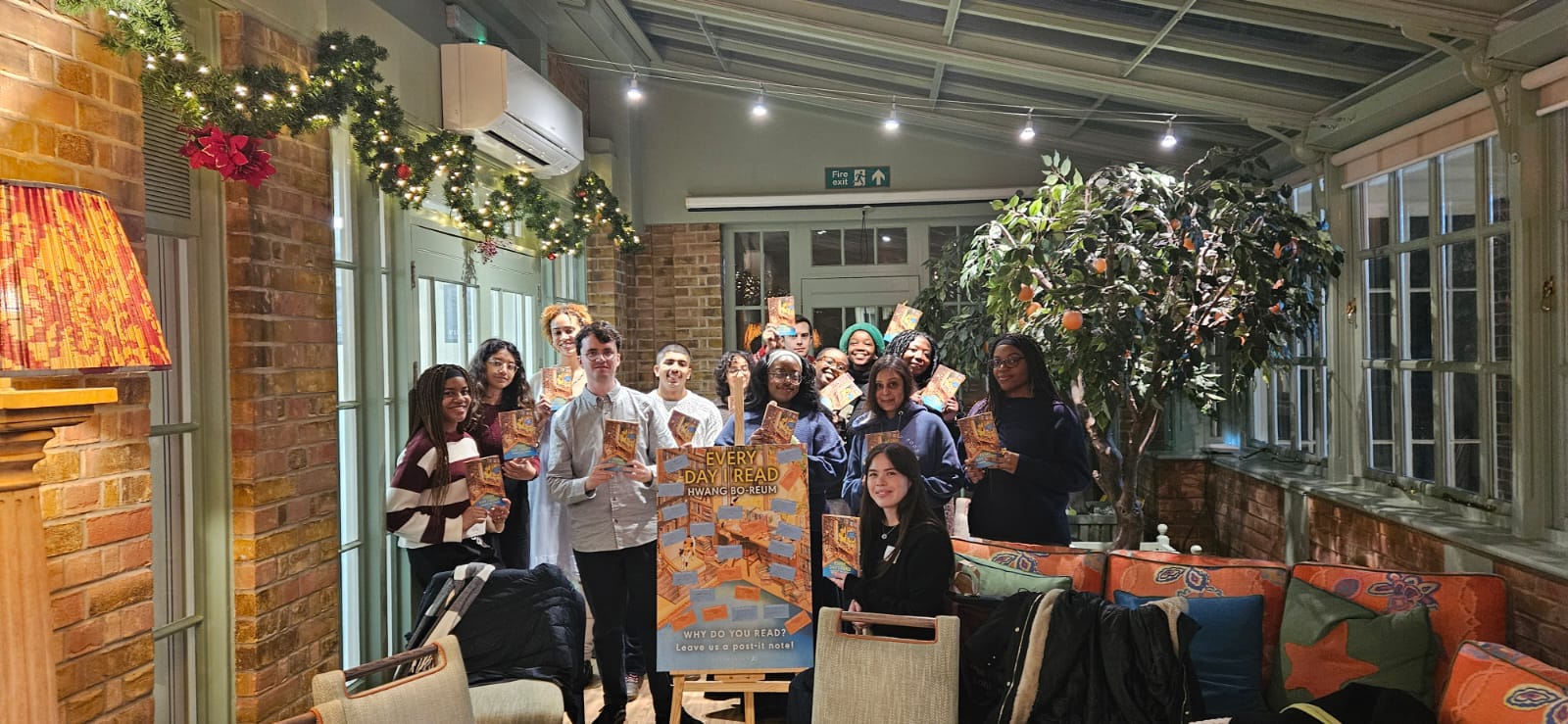At Creative Access, we have over 10 years’ experience in the diversity, equity and inclusion (DE&I) space, pioneering bespoke programmes so that people from under-represented backgrounds in the creative sectors can thrive. We also help employers ensure that not only does their company reflect society, but that they are able to provide the best support for all employees by building inclusive cultures.
This is all to say, we’ve seen a lot of trends, discussions, debates and movements over the past 11 years. Here are our expert and data-backed predictions about the future direction/priorities of DE&I in 2024.
Organisations that invest in diversity will perform better
Between spending cuts and the increasing cost of living, lots of creative organisations are having to tighten their purse strings. However, it would be unwise to put vital diversity and inclusion services on the backburner.
A recent McKinsey report (Diversity Matters Even More, McKinsey & Company, Nov 2023) found that companies in top quartile for ethnic diversity do 27% financially better than their competitors. Similarly, they also found that good gender and ethnic representation in executive teams makes organisations more likely to outperform their peers.
Meanwhile, our own data shows that only 38% of employers admit to having a DE&I strategy in place. This means the vast majority do not, and we’re seeing the knock-on impact by way of increased poor mental health and a lack of career progression optimism from under-represented groups without support. This data shows that employers need to take action to invest in the most impactful areas to acquire, develop & retain diverse talent.
Shifting ideas around neurodiversity in the workplace
In 2024, employers will have to look at their mental wellbeing, reasonable adjustments and support policies.
Whilst delivering training across the UK in 2023, we saw an increase in the need for mental health and wellbeing sessions. We also observed a significant uptake in employers requiring neurodiversity training, with our Embracing Neurodiversity session being the most popular workshop in 2023.
Why? With NHS diagnosis waiting lists up to 24 months long, a shortage of ADHD medication, and increasing awareness of neurodivergent conditions in the UK, people are more likely than ever to self-diagnose or identify as neurodivergent in 2024. Employers that receive training on how to navigate these issues and best support their staff will hugely benefit.
Global issues will make corporations reflect on their wellbeing practices
Much like during the pandemic and the Black Lives Matter movement, crises happening across the globe in 2023 have highlighted a lot of collective pain. 2024 will bring about continued global conversations around these issues and the workplace will have to find ways to respond and prioritise employees’ emotional wellbeing.
These conversations need to be taken seriously and handled with empathy, and there is no quick fix to complex problems around the world and within the UK. As an employer, it’s not your job to change the world, but you can help your employees feel supported as they navigate it.
Our trainer and diversity consultant Elonka Soros, says: “A DE&I consultancy session can help those responsible for leading the change to take stock and identify the best course of post-training action.
Taking an honest look at any in-training feedback about where your company is now and helping you plan for where you want to be by the end of the year. You won’t be able to do everything in twelve months, so don’t set yourself up to fail by promising to do so. Colleagues are less forgiving of pledges and statements that are not followed through. “
AI will change the way we work… but not in the way you think
It wouldn’t be a trend piece without us touching on AI. Much has been debated in the past year since the rapid rise of programmes such as Chat GPT. With think-pieces proclaiming the end of creativity, bolstering the very scary threat to jobs.
However, despite this threat, we can use AI to help us work smarter through optimising writing or content creation and helping us save time. In the next year, we’ll see an increase in job roles dedicated to harnessing the convenience of AI and embedding it into creative practices in the creative industries.
However, it’s important to recognise that AI doesn’t account for representation and has its own biases. Programmes like Chat GPT draw its answers from existing information on the internet which – you guessed it – is heavily skewed towards a white, male, privileged voice. This therefore means there are ultimately gaps in how ‘diverse’ or ‘inclusive’, or well-balanced, its conclusions are.
If you’re interested in prioritising diversity and inclusion in 2024, you can find out more about our services here.




